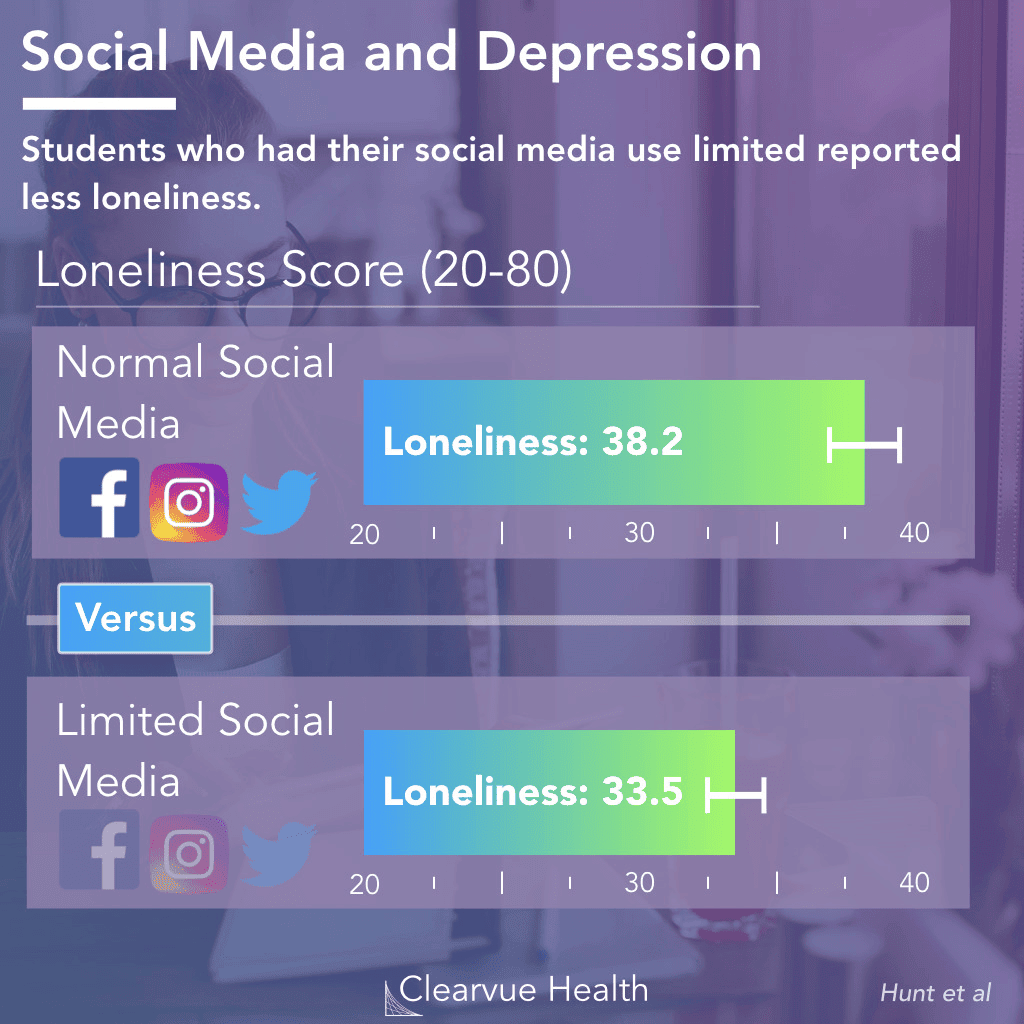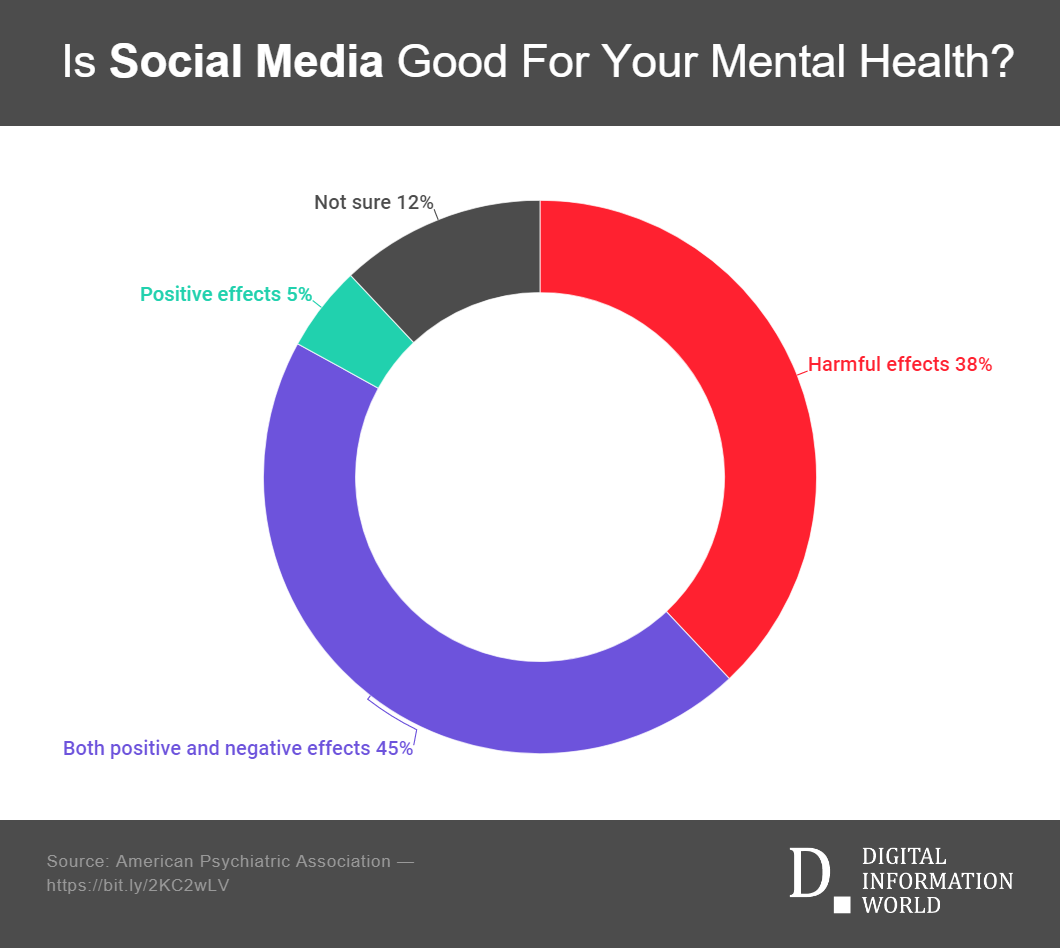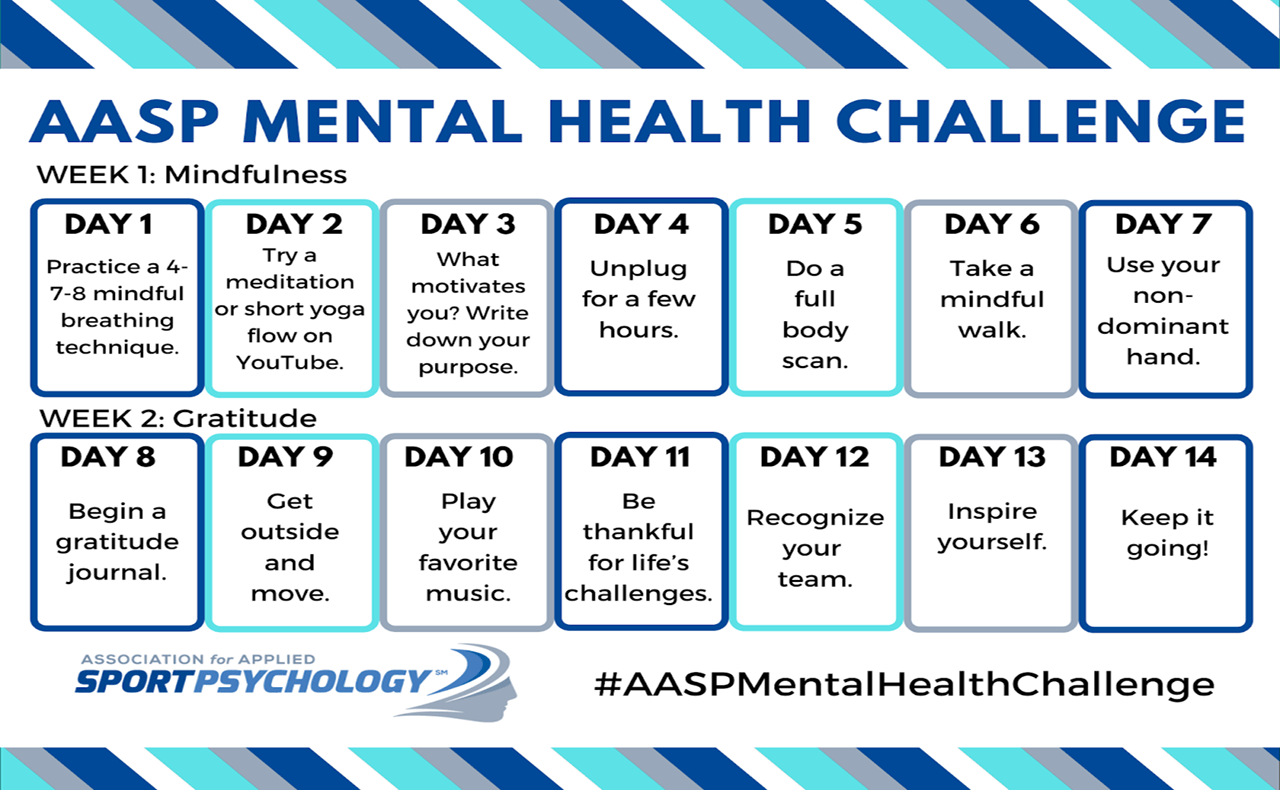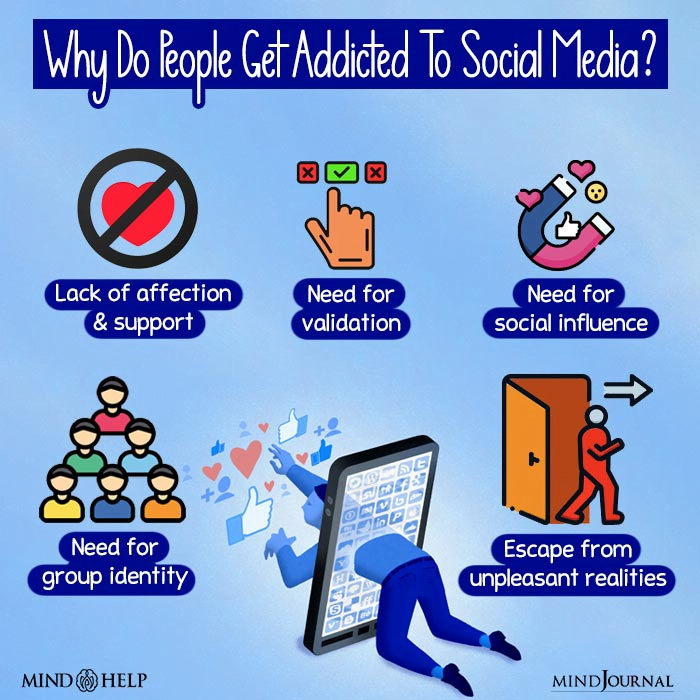In the contemporary digital landscape, the ubiquitous presence of social media has become an integral aspect of our daily lives, revolutionizing the way we communicate, share information, and connect with others. While these platforms offer unprecedented opportunities for social engagement and information dissemination, there is a growing concern about their impact on mental health.
This introduction aims to delve into the intricate relationship between social media and mental well-being, exploring both the positive and negative facets of this connection. Social media, in its positive light, facilitates social connections, provides platforms for support networks, and fosters global awareness.

However, the darker side reveals potential pitfalls, including the prevalence of social comparison, cyberbullying, and the insidious influence of curated online personas. As we navigate this digital terrain, understanding the mechanisms at play—such as dopamine-driven engagement and algorithmic content curation—becomes crucial.
This exploration not only seeks to unravel the various mental health issues linked to social media, such as anxiety and body image concerns but also endeavors to illuminate effective strategies for cultivating digital well-being. In this complex landscape, the responsibility lies not only with individuals but also with social media platforms to promote a healthier online environment, where the positive aspects of connectivity are harnessed while mitigating the potential adverse effects on our mental health.
The Impact of Social Media on Mental Health
Social media’s influence on mental health is a multifaceted phenomenon, comprising both positive and negative dimensions. On the positive side, these platforms foster social connections, enabling individuals to maintain relationships across distances and providing a space for emotional support. Moreover, social media serves as a powerful tool for information dissemination, raising awareness about crucial issues and facilitating social movements.

Conversely, the negative impact of social media on mental health cannot be ignored. Users frequently engage in social comparison, leading to heightened levels of stress and diminished self-esteem as they measure their lives against carefully curated online portrayals. Cyberbullying and online harassment pose significant threats, contributing to anxiety and depressive symptoms. The pervasive fear of missing out (FOMO) amplifies feelings of inadequacy and exclusion, exacerbating mental health challenges.
It is crucial to recognize the interconnected mechanisms driving these impacts. The constant validation-seeking nature of social media triggers dopamine release, creating addictive behavioral patterns. Filter bubbles and algorithmic content curation contribute to echo chambers, limiting exposure to diverse perspectives. Understanding these dynamics is essential for developing strategies to mitigate the negative consequences and harness the positive potential of social media for mental well-being.
Understanding the Mechanisms
Understanding the mechanisms behind the connection between social media and mental health is crucial for developing effective strategies to promote digital well-being. One key aspect is the role of dopamine in social media engagement. The constant notifications, likes, and shares trigger the release of dopamine, a neurotransmitter associated with pleasure and reward. This can create a reward-driven loop, encouraging individuals to spend excessive time on social platforms and social media apps, leading to potential negative consequences for mental health.
Additionally, filter bubbles and echo chambers contribute to the impact of social media. Algorithms tailor content based on users’ preferences and past interactions, creating a personalized online experience. While this customization can enhance user engagement, it also leads to the reinforcement of existing beliefs and perspectives. This can isolate individuals within like-minded communities, limiting exposure to diverse viewpoints and contributing to polarization and misinformation.
Furthermore, the algorithmic influence on content consumption plays a role in shaping users’ experiences. The content that appears on individuals’ feeds is carefully curated based on their online behavior, potentially leading to a distorted representation of reality. Understanding these mechanisms helps users and platform developers alike to be aware of the potential pitfalls and work towards mitigating the negative effects on mental health associated with social media use.
Specific Mental Health Issues Linked to Social Media
Social media, while providing a platform for connection and information, has been associated with specific mental health challenges. Anxiety and depression are prevalent issues linked to excessive social media use. The constant exposure to curated and often idealized representations of others’ lives can lead to social comparison, fostering feelings of inadequacy and low self-esteem. Additionally, the fear of missing out (FOMO) on social events or experiences depicted online can contribute to heightened anxiety levels.

Another notable concern is sleep disturbances. The addictive nature of social media, coupled with the blue light emitted by screens, can disrupt sleep patterns. Excessive use, especially before bedtime, may lead to difficulties falling asleep and result in poor sleep quality, impacting overall mental well-being.
Moreover, social media platforms often play a role in shaping societal beauty standards, contributing to body image issues. “Exposure to images that promote unrealistic body ideals can lead to body dissatisfaction and negative self-perception, particularly among vulnerable demographics, such as adolescents,” says Steve Carleton, LCSW and Chief Clinical Officer at Porch Light Health.
Utilizing AI headshot generators can offer more diverse and inclusive representations, potentially mitigating the impact of unrealistic beauty standards.
Understanding these specific mental health issues is crucial for developing effective strategies to mitigate their impact and promote digital well-being in an increasingly interconnected online world.
Understanding the Mechanisms
Understanding how social media affects mental health is crucial for developing informed strategies to promote digital well-being. One key aspect is the role of dopamine in social media engagement. The platforms are designed to trigger dopamine release, creating a sense of pleasure and reward, which can lead to addictive behavior and compulsive use. This addictive quality contributes to prolonged screen time and potential negative mental health outcomes.

Additionally, filter bubbles and echo chambers play a significant role in shaping users’ online experiences. Algorithms tailor content based on user’s preferences and past behaviors, creating a personalized online environment. While this customization enhances user experience, it can also reinforce existing beliefs, limit exposure to diverse perspectives, and contribute to polarization.
Another critical mechanism is the impact of algorithms on content consumption. Social media platforms prioritize and display content using complex algorithms, influencing what users see on their feeds. This can amplify sensational or emotionally charged content, affecting users’ emotions and perceptions.
Understanding these mechanisms sheds light on the intricate relationship between social media and mental health, paving the way for targeted interventions and responsible platform design to mitigate potential harm and enhance users’ overall well-being.
Digital Well-Being Strategies
Digital Well-Being Strategies are essential for individuals to navigate the complex landscape of social media while maintaining their mental health. “Mindful social media use involves setting intentional limits on screen time, fostering a positive online environment, and engaging in purposeful interactions,” explains Michelle Beaupre, PhD, LCSW at Villa Oasis.
By establishing time limits, users can mitigate the potential negative effects of excessive social media consumption, such as anxiety and sleep disturbances. Creating a positive online environment involves curating one’s digital space to include uplifting and supportive content, reducing exposure to harmful material.
Moreover, implementing a digital detox and unplugging periodically helps individuals break free from the constant connectivity, promoting a healthier balance between online and offline life. This intentional disengagement allows for mental rejuvenation and reduces the risk of addiction-like behaviors associated with social media use.
Promoting self-awareness and critical thinking is crucial in combating the negative impact of misinformation and filter bubbles. Users are encouraged to question the content they consume, verify information, and diversify their online interactions to avoid echo chambers. These strategies collectively empower individuals to take control of their digital experiences, fostering a harmonious relationship between social media and mental well-being. Ultimately, these proactive measures contribute to a more positive and fulfilling online existence.
Social Media Platforms and Responsibility
Social media platforms play a pivotal role in shaping the digital landscape and influencing users’ mental health. Recognizing their impact, it is essential for these platforms to shoulder responsibility and proactively contribute to user well-being.
Firstly, social media companies must acknowledge their influence and prioritize user safety. Implementing robust safety features, such as reporting mechanisms and content moderation tools, is imperative to combat cyberbullying, hate speech, and other forms of online harm. Transparency in algorithmic processes is equally crucial to prevent the unintentional amplification of harmful content or the creation of insular echo chambers.
Secondly, the platforms bear the responsibility of fostering a positive online culture. This involves actively promoting and enforcing community guidelines that discourage toxic behavior. By curating a supportive environment, social media platforms can contribute to users’ mental health by minimizing exposure to negative influences.
Furthermore, addressing misinformation and ensuring the dissemination of accurate information is a shared responsibility. Social media companies must invest in fact-checking mechanisms and algorithmic tweaks to curb the spread of false information, thereby mitigating the potential harm caused to users’ mental health.
In summary, social media platforms must embrace their role as digital gatekeepers, prioritizing user well-being through the implementation of robust safety measures, the cultivation of positive online cultures, and the promotion of accurate information.
Supporting Positive Mental Health through Social Media
Supporting positive mental health through social media involves leveraging online platforms to foster a supportive and uplifting environment. Firstly, establishing and promoting online mental health communities can provide individuals with a safe space to share their experiences, seek advice, and find empathy. These communities can serve as valuable resources, connecting people who may be dealing with similar challenges and reducing the sense of isolation.
Secondly, encouraging open conversations about mental health is crucial. Breaking the stigma surrounding mental health issues through online discussions helps normalize the topic and promotes understanding. Platforms can actively facilitate campaigns and initiatives that encourage users to share their mental health journeys, thereby fostering a sense of unity and support.
Additionally, educating users on healthy social media habits is essential. “Promoting awareness about the potential negative impacts of excessive social media use and providing guidelines for maintaining a balanced online presence can empower individuals to make informed choices about their digital engagement,” says “Michelle English”, LCSW and Executive Clinical Manager at Healthy Life Recovery.
In conclusion, supporting positive mental health through social media involves creating a virtual landscape that is conducive to well-being, where individuals can find understanding, share experiences, and access resources that contribute to their mental health journey. Through proactive initiatives, social media platforms can play a pivotal role in enhancing the digital well-being of their users.
Case Studies and Examples
In Case Studies and Examples, we delve into specific instances and initiatives that highlight the intricate relationship between social media and mental health, providing real-world illustrations of both positive and negative impacts.
One notable case study involves the implementation of Instagram’s “like-hiding” feature, wherein the platform concealed users’ public like counts. Research indicated that this intervention positively affected users’ mental well-being by reducing the pressure associated with social validation and comparison.
Conversely, the tragic case of a cyberbullying incident on a popular social media platform underscores the darker side of online interactions. Analyzing such cases allows us to comprehend the severe consequences of unchecked online behavior on individuals’ mental health.
Additionally, we explore instances where online mental health communities have served as valuable support networks. Platforms like Reddit and Twitter have seen the emergence of user-driven mental health initiatives, providing a space for individuals to share experiences and coping strategies.
These case studies offer insights into the dynamic interplay between social media and mental health, emphasizing the need for responsible platform design, user education, and supportive digital communities to foster a positive online experience.
Final Thoughts on Social Media and Mental Health
In conclusion, the intricate relationship between social media and mental health demands our attention and proactive measures. While social media undeniably offers numerous benefits, the negative impacts on mental well-being cannot be overlooked. The incessant exposure to carefully curated lives, cyberbullying, and the addictive nature of online engagement can contribute to anxiety, depression, and other mental health challenges. It is crucial to acknowledge the dual nature of social media, understand its potential to both connect and isolate individuals. As we navigate the digital landscape, cultivating digital well-being becomes paramount.
Strategies such as mindful social media use, digital detox, and promoting critical thinking can empower users to establish a healthier relationship with online platforms. Simultaneously, social media companies are responsible for prioritizing user well-being, implementing features that prioritize mental health and combat harmful content. Encouraging open conversations about mental health, both online and offline, is pivotal in breaking down stigmas and fostering supportive communities.
In this era of constant connectivity, achieving a balance between the virtual and real worlds is essential. By fostering a collective commitment to digital well-being, we can harness social media’s positive potential while mitigating its adverse effects, creating a more compassionate and supportive online environment for individuals to thrive mentally and emotionally.

